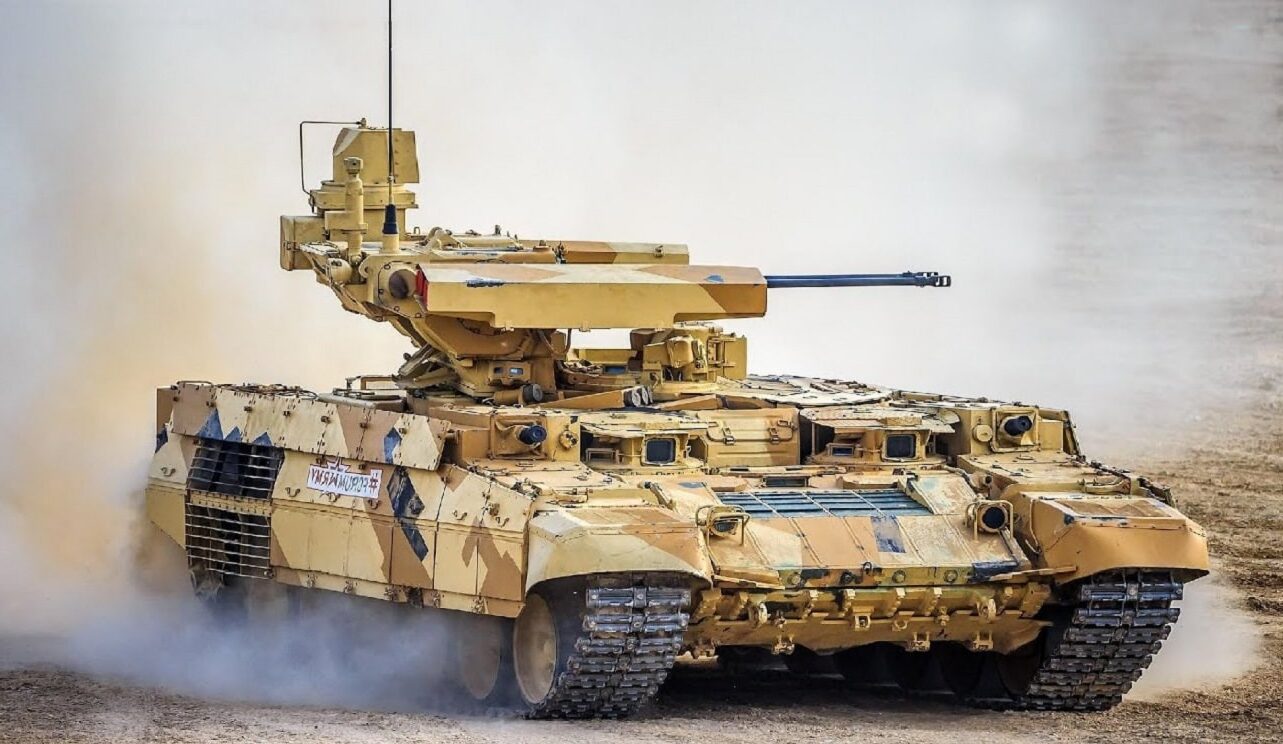Avril Haines, the United States’ Director of National Intelligence, said this week that Russian President Vladimir Putin still intends to seize as much of Ukraine as possible. Haines also warned, however, that Russian forces are hurt so badly in the conflict that they can likely only continue to make incremental gains in the short term – potentially suggesting an elongated conflict.
Speaking at a Department of Commerce conference, Haines outlined the current assessment of the United States intelligence officials and described how the consensus of all American spy agencies is that the war will continue for an “extended period of time.”
“In short, the picture remains pretty grim and Russia’s attitude toward the West is hardening,” Haines said.
The U.S. Director of National Intelligence also said that intelligence communities believe that the Russian president has “effectively the same political goals” that he had previously, which is that “he wants to take most of Ukraine.”
However, intelligence officials also believe there is a disconnect between Putin’s short-term military objectives and his military’s capacity, meaning he may simply not be able to accomplish everything he wants. That’s good news for Ukraine and the world, as global economies struggle under the weight of rising inflation on top of the hundreds of billions of dollars in aid already provided to aid war efforts.
But This Wasn’t His Original Stated Intention
Conquering Ukraine wasn’t the Russian President’s original stated aim in Ukraine. On February 22, when the Russian president signed a decree declaring the independence of the separatist, self-styled people’s republics of Donetsk and Luhansk, Putin announced “peacekeeping functions” in the region.
The Kremlin’s so-called “special military operation” in Ukraine was originally a plan to ensure that the two regions in the Donbas were recognized as independent by Ukraine. In the weeks that followed, however, Russian troops did their best to conquer as much of Ukraine as possible – including the country’s capital city.
Putin also promised to “denazify” and “demilitarize” Ukraine – not conquer the country.
“Its goal is to protect people who have been subjected to abuse and genocide by the regime in Kyiv for eight years. And for this we will pursue the demilitarization and denazification of Ukraine, as well as bringing to justice those who committed numerous bloody crimes against civilians, including citizens of the Russian Federation,” Putin said in February.
Could Heavy Losses Persuade Putin to Pause War?
Some analysts say that heavy losses in Ukraine may be enough to persuade the Russian president to pause the war in Ukraine – and Haines is among them.
In her comments on Wednesday, Haines described how the U.S. government assesses that Russian ground forces have been degraded to the point where it will take several years to rebuild and that an agreement may be possible in the short term if Russia’s military continues to sustain losses.
That agreement, however, could simply be a stopgap before a future conquest to finish the job.
Others suggest that the war simply won’t end until Putin loses.
Jack Buckby is a British author, counter-extremism researcher, and journalist based in New York. Reporting on the U.K., Europe, and the U.S., he works to analyze and understand left-wing and right-wing radicalization, and reports on Western governments’ approaches to the pressing issues of today. His books and research papers explore these themes and propose pragmatic solutions to our increasingly polarized society.

